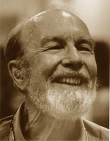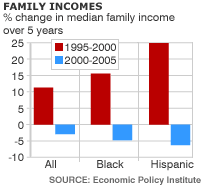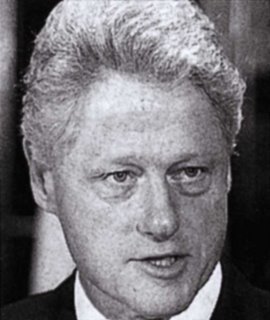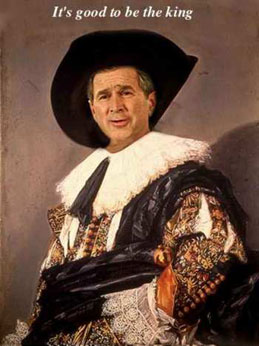SO MUCH FOR SMALL BUSINESS
How does one handle the suicide of a beloved friend?
Early this morning I got a call from a close female friend of 17 years who, not incidentally, is the head of a small firm that my company does business with. Our relationship sprang from the extraordinary service she and her two brothers (who are partners in her company) have provided to us. Their 14-member staff built their company around servicing my company's promotional needs (a spend of about $4 million per year) and became indispensable to us. Since I head that spend, over the years the female CEO and her two brothers have become my partners and dear friends.
Some months ago my Fortune 200 company decided that we could save some money (I have challenged that assertion) by dealing only with leaders of (whatever) industry. They've established national contracts in a number of categories, thus eliminating relationships with local, long-established vendor relationships.
Three months ago the strategic sourcing group of my company decided to transfer our business to one of the largest companies in the promotionals and incentives industry. From the beginning all of our power buyers opposed the move, citing the service level we have been accustomed to plus the fact that our incumbent vendor was the #2 in pricing among the national companies solicited for the RFP. We were overruled. The transition has been a nightmare, with the new approved vendor proving to be inept, inattentive, missing deadline after deadline and generally requiring of our internal customers an unacceptable level of increased workloads (we're talking about the key marketing executive of each of our business units) just to keep the project from exploding. And, during all of this, we were asking our incumbent vendor, which we were effectively putting out of business, to assist us in that effort. But our marketing group, as opposed to the sourcing group, continued to point out the defects in the new relationship and hoping that we could salvage the relationship with our incumbent vendor.
Well, last night one of the partners, the beloved brother of the CEO, whom we business owners worked with day in and day out, shot himself in the heart. He and his brother and sister have virtually all their financial holdings invested in the company we just put out of business -- and mind, it was for ephemeral projected savings of pennies (a projected $2 million over three years -- which I have repeatedly challenged as legitimate -- in a company that last year reported earnings well in excess of $1 billlion).
I have spent most of today delivering the news personally to each of our marketing executives, who reacted with intense grief and shock. The director of the strategic sourcing group who spearheaded this effort (I didn't tell him myself -- I was too bitter) and heard the news from another source, came to my office and told me, "I feel as if I have blood on my hands." I was pleased that he had enough of a heart to feel that.
I understand that business requires some tough decisions. People who are laid off sometimes kill themselves. Do we blame those who make those decisions? I guess it depends upon what basis those decisions are made, and how they are delivered and executed.
For myself, and in this situation, I am locked in grief. I loved Al. He was the epitome of the service mentality, proactive, always looking out for our interests, ready to go to the office at midnight if needed, and always, always, prepared to do anything that was required, no matter when or what. Plus, he was very huggable.
I worry now about his surviving brother and sister. They established the culture of their company, which could be summed up as the customer is always right, fix anything, don't show them anything until it's perfectly right. They are both people who internalize everything, present an incredibly strong front and never say "it can't be done." They gave their employees terrific benefits, even profit sharing opportunities. That's only 10 people now out of work (11 if you count Albert), but I guess that doesn't matter much to the big picture guys.
It's a far cry from what I'm experiencing with the new, approved national vendor.
How does one reconcile this Bush-inspired culture that worships Wal-Mart but touts support for small business?
I don't believe it can be done.
Now, the ultimate. I've been asked to eulogize the man at his funeral. The man I couldn't stop my company from putting out of business, whose death I feel partially responsible for. Yes, I know in my head I'm not. But try being in that position and not feeling in your heart that someone you cared for died because you toed the company line. Not that the company would have changed its policy, mind you, but the fact is I know I could have walked out in protest. I didn't. It wouldn't have changed anything, and that's what I told myself. But it's no comfort now.
I'm not going to feel like posting much in the next few days.










